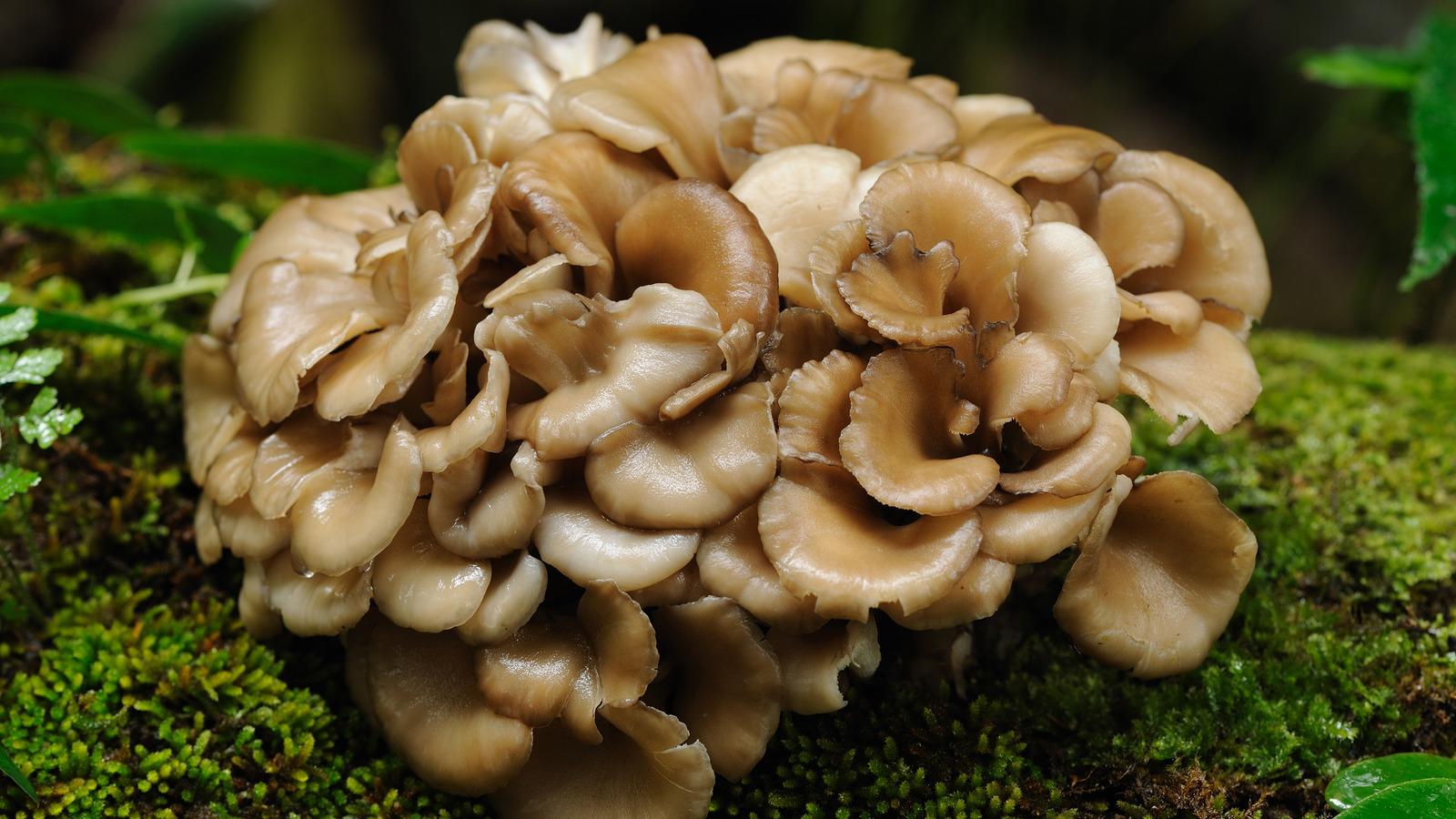
The Comprehensive Guide to the Benefits of Lion’s Mane Functional Mushrooms
Introduction
Lion’s Mane, scientifically known as Hericium erinaceus, is a remarkable mushroom species that has gained recognition for its numerous health benefits. Often referred to as the “smart mushroom” or “pom-pom mushroom” due to its unique appearance, Lion’s Mane is celebrated for its potential to support cognitive function, boost the immune system, and address a variety of health concerns. In this comprehensive guide, we will explore the various health benefits of Lion’s Mane functional mushrooms, how they work, and their modern applications in wellness and holistic healthcare.
Introduction to Lion’s Mane Mushrooms
What Are Lion’s Mane Mushrooms
Lion’s Mane mushrooms are a group of fungi known for their shaggy, lion’s mane-like appearance. They belong to the Hericium genus and can be found growing in various parts of the world, including North America, Europe, and Asia. Lion’s Mane mushrooms have a long history of use in traditional Chinese and Japanese medicine and have been valued for their potential to enhance overall well-being.
Key Compounds in Lion’s Mane Mushrooms
Lion’s Mane mushrooms contain several bioactive compounds that contribute to their health benefits. Some of the key compounds found in Lion’s Mane mushrooms include:
- Hericenones and Erinacines: These compounds are unique to Lion’s Mane mushrooms and are believed to support nerve growth factor (NGF) production, which plays a crucial role in neuronal health.
- Polysaccharides: Lion’s Mane mushrooms contain specific polysaccharides that have antioxidant properties and can support the immune system.
- Erinacine A: This compound is thought to enhance cognitive function and may contribute to the neuroprotective effects of Lion’s Mane.
- Beta-Glucans: Lion’s Mane mushrooms contain beta-glucans, which are known for their immune-boosting properties and potential anti-inflammatory effects.
Health Benefits of Lion’s Mane Mushrooms
Cognitive Enhancement
Lion’s Mane mushrooms are celebrated for their potential to improve cognitive function. The compounds hericenones and erinacines found in Lion’s Mane are believed to stimulate NGF production, which is vital for the growth, maintenance, and survival of nerve cells. This can lead to enhanced memory, better focus, and improved overall cognitive health.
Nervous System Support
The neuroprotective properties of Lion’s Mane mushrooms can be valuable for supporting the nervous system. These mushrooms may assist in protecting nerve cells and reducing the risk of neurological conditions.
Immune System Support
Lion’s Mane mushrooms contain beta-glucans and polysaccharides that support the immune system. These compounds stimulate the production of immune cells, making the body more resistant to infections and illnesses.
Anti-Inflammatory Effects
Inflammation is a contributing factor to many chronic diseases. Lion’s Mane mushrooms have shown potential anti-inflammatory effects, which can help reduce inflammation and alleviate symptoms associated with conditions like arthritis.
Digestive Health
Lion’s Mane mushrooms have been traditionally used to support digestive health. They may assist in maintaining a healthy gut microbiome and improving digestion, making them beneficial for individuals with digestive concerns.
Stress Reduction
Lion’s Mane mushrooms are considered adaptogens, meaning they can help the body adapt to and manage stress. They may reduce feelings of anxiety and promote relaxation, making them valuable for mental and emotional well-being.
Antioxidant Properties
Lion’s Mane mushrooms are a rich source of antioxidants. Antioxidants help the body combat oxidative stress and free radicals, which can damage cells and lead to various health problems, including premature aging and chronic diseases.
Wound Healing
Some studies suggest that Lion’s Mane mushrooms may accelerate wound healing. This is attributed to their ability to stimulate NGF production, which can help in the regeneration of damaged tissue.
Cardiovascular Health
Lion’s Mane mushrooms may contribute to cardiovascular health by lowering blood pressure, reducing cholesterol levels, and improving blood circulation. These effects help reduce the risk of heart disease.
Modern Applications of Lion’s Mane Functional Mushrooms
Lion’s Mane Supplements
Lion’s Mane supplements, available in various forms such as capsules, powders, and tinctures, have gained popularity in the wellness industry. These supplements offer a convenient way to incorporate the benefits of Lion’s Mane into one’s daily routine. They are often used to support cognitive function, boost the immune system, and promote overall well-being.
Culinary Uses
Lion’s Mane mushrooms have a mild, slightly sweet flavor, making them suitable for culinary applications. They can be sliced, sautéed, and added to a variety of dishes, enhancing flavor and providing potential health benefits.
Tinctures and Extracts
Lion’s Mane tinctures and extracts are another popular way to consume these mushrooms. They are known for their rapid absorption and are often used for cognitive support and stress reduction.
Traditional Chinese Medicine
Lion’s Mane mushrooms continue to be used in traditional Chinese medicine, where they are prescribed to address a wide range of health concerns. Traditional practitioners may use Lion’s Mane to support cognitive function, promote relaxation, and boost overall vitality.
Possible Side Effects and Considerations
While Lion’s Mane mushrooms offer numerous health benefits, it’s important to consider potential side effects and interactions
- Allergic Reactions: Some individuals may experience allergic reactions to Lion’s Mane, which can include skin rashes, digestive discomfort, or breathing difficulties.
- Blood Thinning: Lion’s Mane may have mild blood-thinning properties. People taking blood-thinning medications should consult with their healthcare provider before using Lion’s Mane supplements.
- Pregnancy and Breastfeeding: It is advisable for pregnant and breastfeeding women to avoid Lion’s Mane supplements due to a lack of sufficient safety data.
- Interactions with Medications: Lion’s Mane may interact with certain medications, such as blood pressure medications and anticoagulants. Consult with a healthcare professional if you are taking prescription medications.
Conclusion
Lion’s Mane functional mushrooms have a long history of use in traditional medicine and offer a wide range of health benefits, including cognitive enhancement, immune support, and anti-inflammatory effects. In the modern era, Lion’s Mane supplements and extracts have become popular choices for those looking to harness these benefits conveniently. However, it’s crucial to use Lion’s Mane responsibly and consider potential interactions and side effects. As with any natural remedy, consulting with a healthcare professional before incorporating Lion’s Mane into your wellness routine is a wise step to ensure its suitability for your specific needs and circumstances. With their unique appearance and promising therapeutic properties, Lion’s Mane mushrooms continue to be a captivating subject of research and a valuable tool for promoting holistic well-being.
- How to (Really) Get to Know Someone - May 16, 2024
- The Comprehensive Guide to the Benefits of Vitamin K2 - October 25, 2023
- The Comprehensive Guide to the Benefits of Vitamin B7 - October 25, 2023


